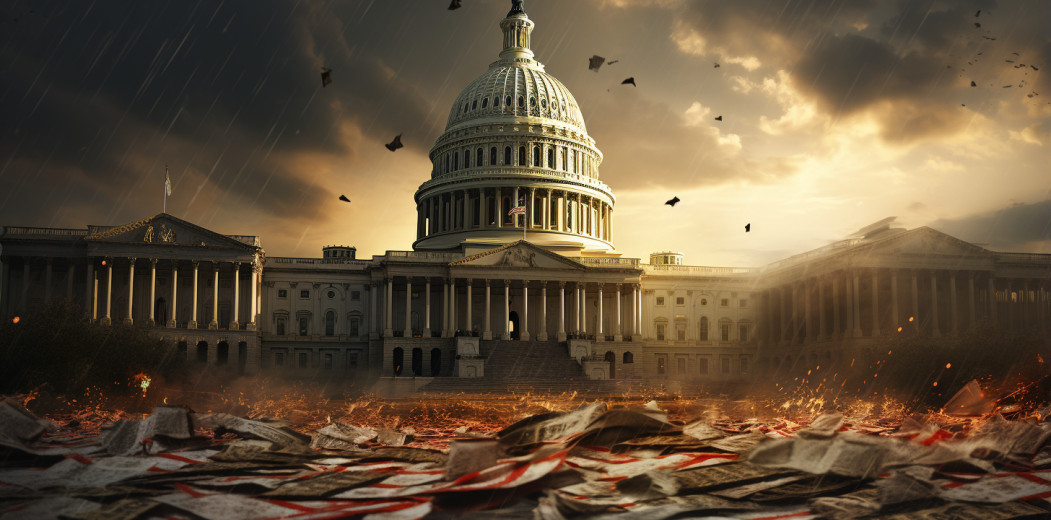A narrated, dark screen version of this article can be heard by clicking Here.
Ensuring a fair democratic election becomes an uphill battle when the party in power is tainted by corruption and lacks a moral compass. Corruption can seep into every crevice of the electoral process, from voter suppression and dishonesty to the manipulation of campaign financing. The party in power, driven solely by self-interest, may resort to unethical tactics, such as spreading disinformation, intimidating opposition candidates and voters, and even tampering with election results. This erosion of ethical standards erodes public trust in the democratic system, making it challenging for citizens to make informed choices and have their voices heard. In such a scenario, the very foundations of democracy are threatened, as a level playing field and a genuine representation of the people’s will become elusive goals, casting a shadow over the legitimacy of the electoral outcome and undermining the principles upon which democratic societies are built.
Even when genuine candidates with a sincere desire to improve the system from within seek election, their chances of success are alarmingly minimal in the face of pervasive corruption. Such individuals often find themselves navigating a treacherous terrain where the odds are stacked against them. Corruption not only taints the electoral process but also fosters a hostile environment where honest candidates face hurdles such as limited access to resources, biased media coverage, and the constant threat of character assassination or even physical harm. The system’s mechanisms for checks and balances become compromised, making it exceedingly challenging for these candidates to enact meaningful change. Consequently, the noble intentions of reform-minded individuals are often thwarted, perpetuating a cycle where the corrupt status quo remains entrenched, and the potential for positive transformation from within the system remains out of reach.
In such cases, it is entirely understandable that many people may perceive voting in such elections as a futile endeavour when wishing to bring about meaningful change. Faced with a political environment where corruption prevails and genuine candidates struggle against insurmountable odds, individuals may feel compelled to withhold their personal power at the ballot box. Instead, they may seek alternative avenues to sanitize the system, such as grassroots activism, civil society initiatives, non-compliance, and the demand for transparency and accountability. These efforts, although sometimes dangerous to participate in, reflect a deep-seated desire for a more just and equitable society. Such a tack is a testament to the resilience of citizens’ commitment to democratic values, as they strive to navigate a challenging landscape in their pursuit of a better future.
